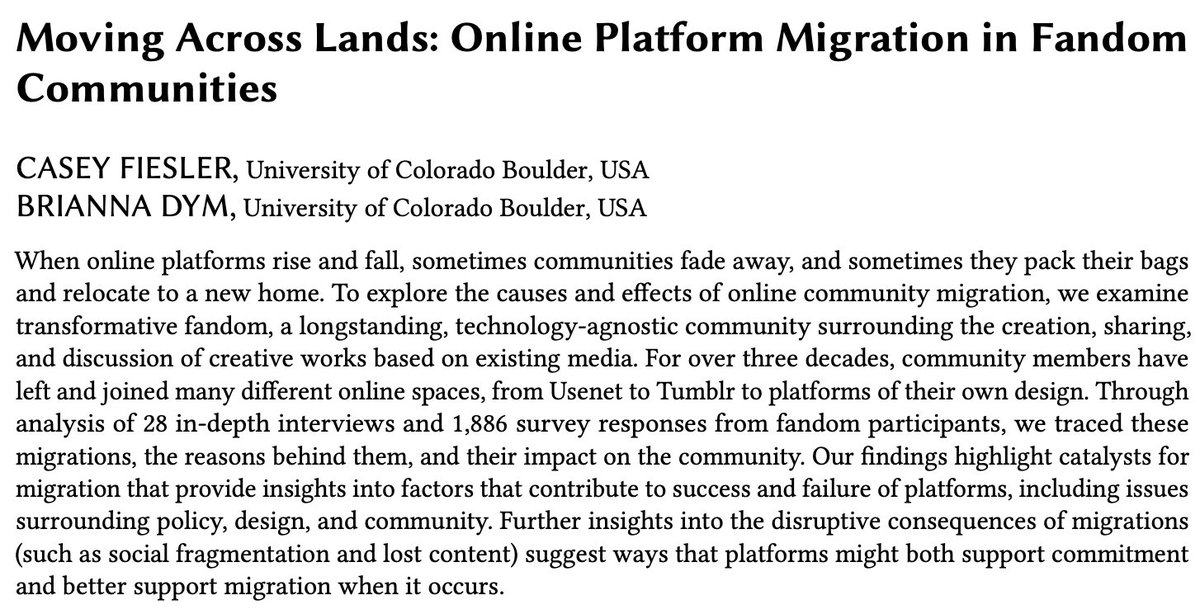
Do you think that the ethical reputation of a company impacts whether graduating computer science students are willing to take a job there?
This was the topic of @CUBoulder CS alum Ella Sarder's honors thesis, now published as a poster at #CSCW2022. Here's what we found... 🧵
This was the topic of @CUBoulder CS alum Ella Sarder's honors thesis, now published as a poster at #CSCW2022. Here's what we found... 🧵
This was an exploratory study (and we're working on a larger-scale survey as a follow up!); she interviewed 12 graduating students about factors they consider in the job search, how they define a “good” or “bad” company to work for, and how ethics education impacts their choices.
Some participants expressed a sense of powerless regarding their ability to change unethical practices - which might result in deciding not to take a job there, or might result in thinking it's the same everywhere, so they might as well consider their own self interest.
Trade-offs were a common theme. Though many participants reported valuing ethics highly, almost all indicated they would be willing to overlook most ethical issues for a high salary.
We wonder (for future work) how this might be impacted further by student loans or visa status.
We wonder (for future work) how this might be impacted further by student loans or visa status.
When asked about the value of ethical knowledge in job applications, no participants believed knowledge of ethical issues would help them secure a job.
Some thought that expressing their knowledge of or care for ethical issues would actively result in them NOT getting a job.
Some thought that expressing their knowledge of or care for ethical issues would actively result in them NOT getting a job.
We think these findings are reflective of both trends in "techlash" and perceptions of the tech industry, and in students’ perception of their ability to effect change. We also suspect negative trade-offs disproportionately impact students from historically excluded groups.
I've been thinking about this a lot, and recognize what a hard problem it is, but "ethics" education in computer science absolutely needs to include discussion of how to raise ethical concerns and speak to power, and how to engage in resistance.
You can read the entire short paper "Entering the Techlash: Student Perspectives on Ethics in Tech Job Searches" here: dl.acm.org/doi/fullHtml/1…
And thank you to @OmidyarNetwork for providing some support for this project and our next steps!
And thank you to @OmidyarNetwork for providing some support for this project and our next steps!
• • •
Missing some Tweet in this thread? You can try to
force a refresh






